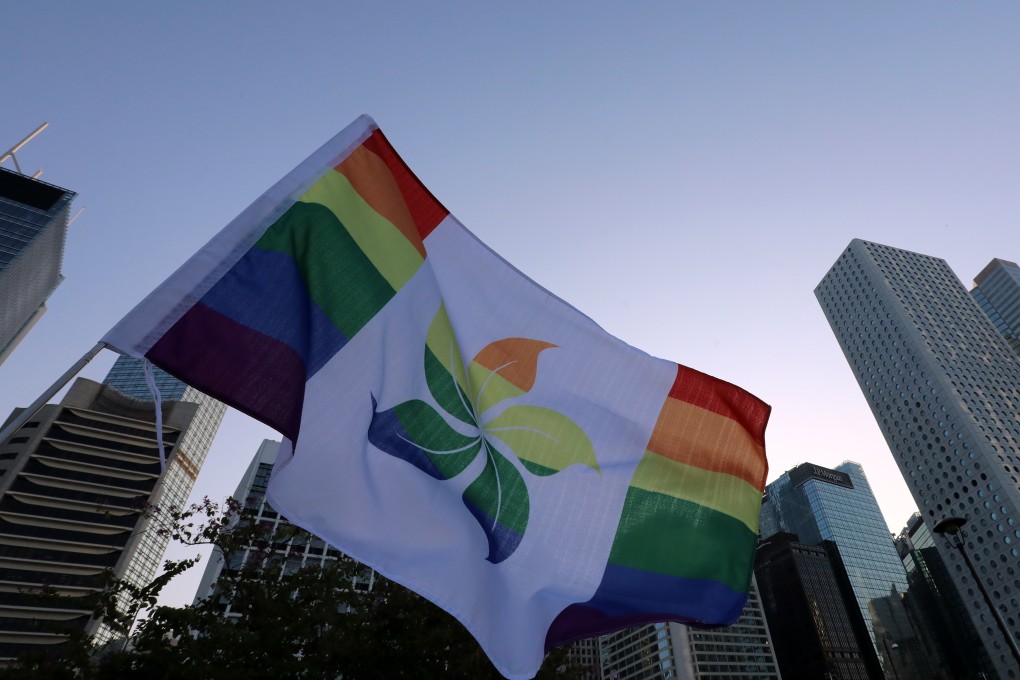Opinion | An economic argument for protecting transgender rights in Hong Kong
- Hong Kong has a mixed record on trans rights, which is a shame, given its status as an international city
- Even putting aside the well-being and safety of transgender individuals, legal protection is integral to restoring Hong Kong’s attractiveness to foreign talent

However, let’s leave aside the arguments about transgender recognition for now. The government must introduce robust trans protection laws, for reasons that have little to do with “Western values” or sexual politics.
First, it is about ensuring the bare minimum of mental well-being for transgender individuals – especially vulnerable youths who are coming to terms with their identities. One in 10 transgender people have been subjected to physical harm, according to the CUHK survey.
Trans individuals not only walk the streets fearing for their safety, they also face ceaseless waves of derision and bigotry as they struggle to make their gender identities understood by a society that refuses to listen. Trans teens are regularly bullied at school – with counsellors ill-equipped to handle abuse from perpetrators who are themselves insecure and anxious about their sexual awakening.

.png?itok=bcjjKRme&v=1692256346)